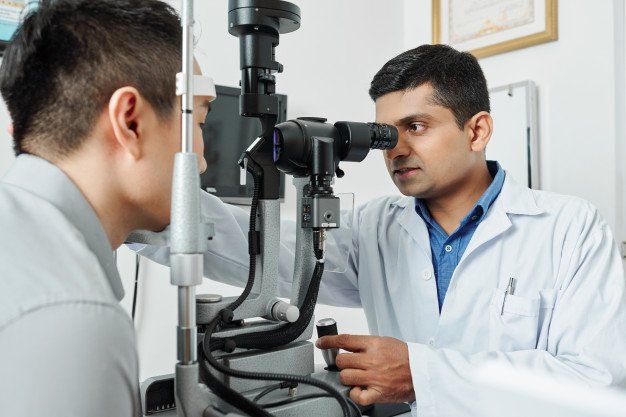It’s Us Against Alzheimer’s
It's Us Against Alzheimer's
Alzheimer’s disease is an irreversible, progressive brain disorder that slowly destroys memory and thinking abilities.The simplest tasks can become impossible for a person with Alzheimer’s disease. In other words, it is a degenerative brain disease that is caused by intricate brain changes following cell damage. It leads to dementia symptoms that progressively worsen over time.
The most common cause of dementia among older adults is caused by Alzheimer’s disease. Dementia can be described as the collective symptoms of impairment in memory, communication and thinking.
Alzheimer’s is not a normal part of aging. The greatest known risk factor is increasing age, and the majority of people with Alzheimer’s are 65 and older. According to the Alzheimer’s Association, approximately 200,000 Americans under the age of 65 have early-onset Alzheimer’s disease.
Symptoms
The most common symptom that appears early is difficulty recalling recently learned information. The portion of the brain responsible for learning is affected in the beginning. As Alzheimer’s advances, the following symptoms occur: 1
- Disorientation
- Mood and behavior changes
- Deepening confusion about events, time and place
- Unfounded uncertainties about family, friends and professional caregivers
- More serious memory loss and behavior changes
- Difficulty speaking, swallowing and ambulating.
What are the stages of Alzheimer’s disease?
Mild:
Memory loss and cognitive difficulties result in wandering and getting lost, trouble paying for bills, repeating questions, taking longer to complete normal daily tasks, personality and behavior changes.
Moderate:
The portion of the brain that controls language, reasoning, sensory processing, and conscious thought are impacted at this stage. Memory loss and confusion exacerbate as well. Someone at this stage is unable to recognize family and friends. There also may be hallucinations, delusions and paranoia.
Severe:
The brain shrinks significantly as plaques and tangles spread. In this stage, a person is non-verbal, has the inability to communicate, and is completely dependent on a caregiver.
What are the Treatments:
Traditional treatment for Alzheimer’s delay the disease’s progress, but it can not stop or cure damaged deteriorated brain cells. These drugs target protein fragments called beta-amyloids, that build up as plaque in brain cells. These medications only treat the cognitive symptoms of Alzheimer’s disease. 2
The U.S. Food and Drug Administration has approved two types of medications:
- Cholinesterase inhibitors (Aricept®, Exelon®, Razadyne®)
- Memantine (Namenda®)
Alternative treatments for Alzheimer’s disease include: 3
- Blood pressure medicines(ACE inhibitors, ARBs, and diuretics)
- Diabetes treatments (Victoza)
- Rheumatoid arthritis drugs (DMARDs and NSAIDs)
- Cholesterol medicines (statins).
Although these drugs are not intended for Alzheimer’s patients, there have been studies on these drugs from John Hopkins University, Lancaster University, University of Southampton, and scientists with favorable outcomes in people with Alzheimer’s.
Need Support?
If you or a loved one has been diagnosed with Alzheimer’s or dementia, you are not alone! The Alzheimer’s Association is the trusted resource for reliable information, education, referral and support to millions of people affected by the disease.
Call the 24/7 Helpline at 800.272.3900.
Sources


















